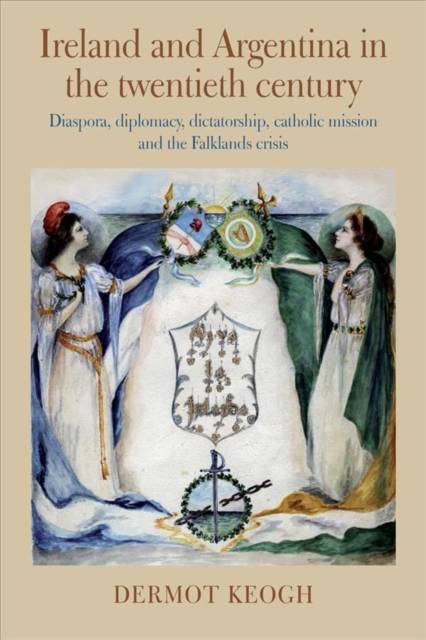
Je cadeautjes zeker op tijd in huis hebben voor de feestdagen? Kom langs in onze winkels en vind het perfecte geschenk!
- Afhalen na 1 uur in een winkel met voorraad
- Gratis thuislevering in België vanaf € 30
- Ruim aanbod met 7 miljoen producten
Je cadeautjes zeker op tijd in huis hebben voor de feestdagen? Kom langs in onze winkels en vind het perfecte geschenk!
- Afhalen na 1 uur in een winkel met voorraad
- Gratis thuislevering in België vanaf € 30
- Ruim aanbod met 7 miljoen producten
Zoeken
Ireland and Argentina in the Twentieth Century
Diaspora, diplomacy, dictatorship, catholic mission and the Falklands crisis
Dermot Keogh
Hardcover
€ 51,95
+ 103 punten
Omschrijving
This is a ground-breaking book filling a void in the study of the history of Ireland's diplomatic relations with Argentina/Latin America from the nineteenth to the twenty first century.
Specificaties
Betrokkenen
- Auteur(s):
- Uitgeverij:
Inhoud
- Aantal bladzijden:
- 592
Eigenschappen
- Productcode (EAN):
- 9781782055112
- Verschijningsdatum:
- 3/06/2022
- Uitvoering:
- Hardcover
- Afmetingen:
- 241 mm x 170 mm
- Gewicht:
- 1166 g

Alleen bij Standaard Boekhandel
+ 103 punten op je klantenkaart van Standaard Boekhandel
Beoordelingen
We publiceren alleen reviews die voldoen aan de voorwaarden voor reviews. Bekijk onze voorwaarden voor reviews.









